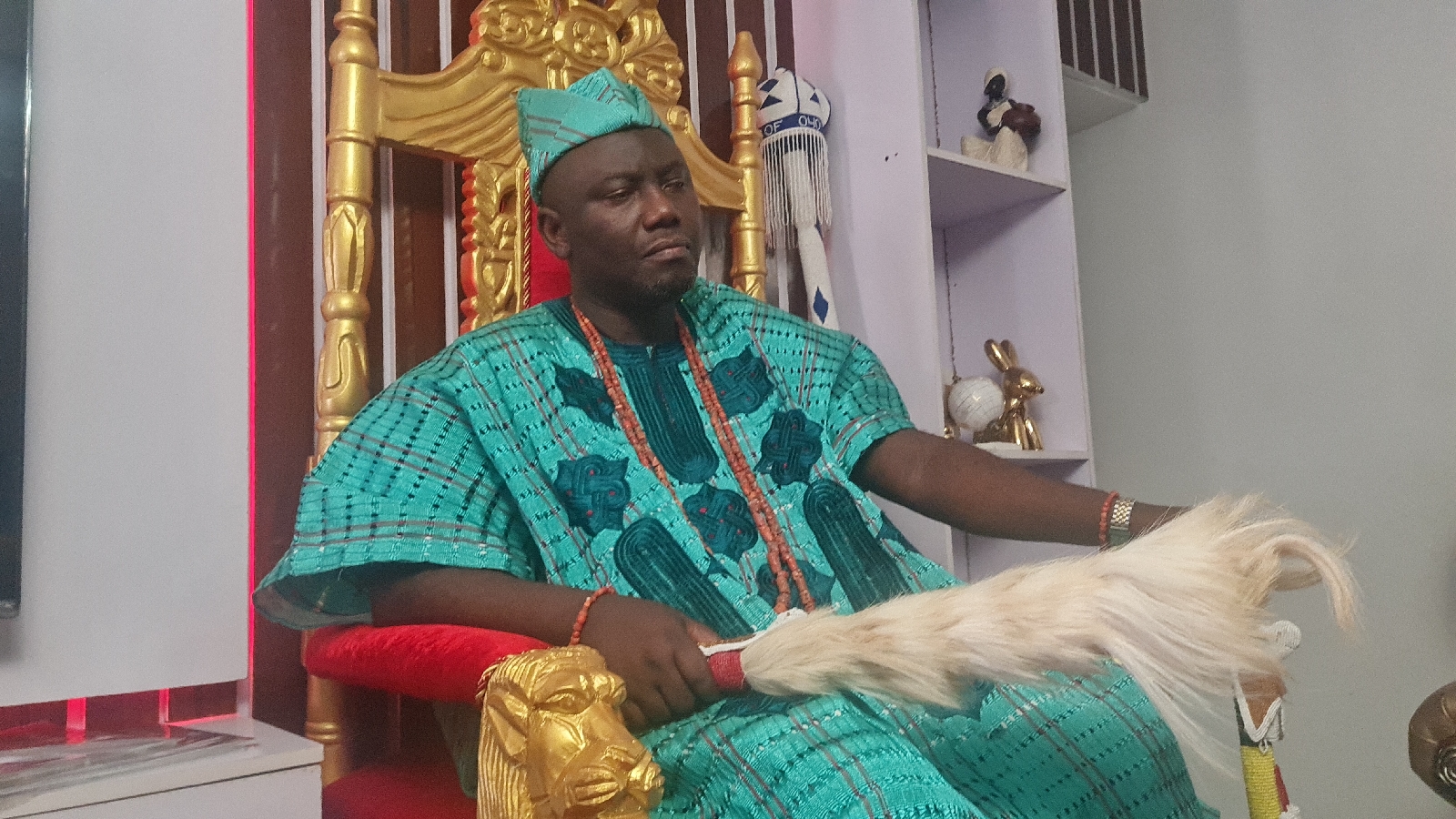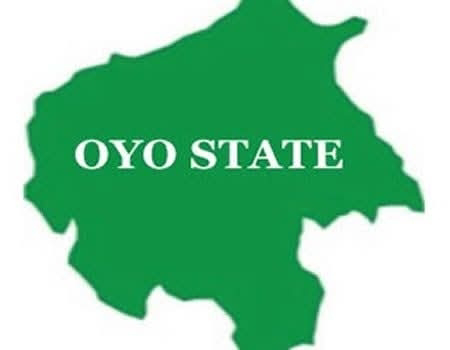The Council of Obas and Chiefs (Further Amendments Bill 2025) represents not just a policy shift, but an existential threat to centuries of Yoruba tradition, cultural identity, and political stability. No doubt, this is a dangerous precedent in the making as the Oyo State House of Assembly has rushed to consider a legislative proposal that strikes at the very heart of Yoruba traditional governance. The Council of Obas and Chiefs (Further Amendments Bill 2025), which seeks to introduce rotational chairmanship among the Alaafin of Oyo, Olubadan of Ibadan, and Soun of Ogbomoso is not merely an administrative adjustment, it is an unprecedented assault on centuries of established Yoruba tradition, legal precedent, and cultural heritage. Who proposed the bill? Are the insurgents amidst us?
This editorial presents a comprehensive examination of why this bill must be immediately withdrawn after the second reading. The Alaafin's stool traces its authority to the Old Oyo Empire (13th-19th centuries), the most powerful political force in Yoruba history. Historical records from the writings of Samuel Johnson in The History of the Yorubas (1921) and archaeological findings at Oyo-Ile testifies to this. Accounts by early European travelers like Hugh Clapperton confirm the Alaafin's role as the supreme ruler whose authority extended across modern-day Nigeria, Benin, and Togo. The Oyo’s sophisticated system of government included The Oyo Mesi (kingmakers), The Bashorun (prime minister) and other provincial rulers who all paid homage to the Alaafin. British colonial administrators, despite their disruptive policies,still recognized the Alaafin's unique position through the 1934 Native Authority Ordinance which established the Alaafin as President of the Oyo Provincial Court of Appeal. This created a clear hierarchy where Ooni oversaw Ife Division, Aremo Alaafin (Crown Prince) oversaw Oyo Division, Olubadan oversaw Ibadan Division, Owa oversaw Ijesha Divison, all under the Alaafin's overarching authority of the Oyo Province.
The 1957 Chieftaincy Declaration formally recognized the Alaafin as the highestranking Oba in Western Region in accordance with existing structure for centuries. Post independence, every military and civilian administration has maintained this structure. In the 1976 State Creation of Oyo State, General Murtala Mohammed preserved the Alaafin's position while the 1978 Chiefs Law codified the Alaafin's permanent chairmanship. The 2000 Law (Cap 37) maintained this tradition without controversy for 24 years among the traditional system stakeholders. Why the sudden change is direction by the government in the mist of peace among traditional stakeholders? Which Oyo State residents are supporting this bill? What is their mission? Is Yorubaland safe? Are the insurgents already in our mist? The proposed rotation isn't modernization, it's historical revisionism.
Since independence, Nigeria's courts have consistently ruled in favor of preserving traditional hierarchies. Example was Oba Lamidi Adeyemi III vs. Oyo State Government (2003) where the court held that the Alaafin's status cannot be altered by political fiat.Another was AG Oyo State vs. Council of Obas (2010) where it was affirmed that traditional institutions require consensus for changes and established that customary law protections apply. This Council of Obas and Chiefs (Further Amendments Bill 2025) despite passing through the 2nd reading must stop because of its constitutional Implications. The bill violates Section 20 (protection of cultural heritage), Section 315 (entrenched customary law) which treats customary law rules as an existing law, and the Doctrine of Legitimate Expectation in administrative law. If this bill is passed, I foresee the floodgate effect among which are an immediate lawsuits from the Alaafin's descendants, challenges from other Obas seeking rotation, destabilising the fragile peace in Yorubaland. The rotational chairmanship bill will plunge Oyo State into endless litigation because the Alaafin's historical status as permanent chairman constitutes an acquired right protected under Section 315(5)(d) of the 1999 Constitution (as amended).
The Elesi v. Eweka (1986) 1 NWLR (Pt.5) 177 is a case study. Every resident of Oyo State must resist this bill because any first-year law student can identify at least three grounds for invalidation. As pace setters, we do not need a bills that will polarise Yorubaland till insurgents overrun us. The Supreme Court many times ruled that traditional institutions enjoy constitutional protection as “living customary law."Justice Niki Tobi's ruling explicitly cautioned against using legislative power to rewrite history. This is the case of the Council of Obas and Chiefs (Further Amendments Bill 2025) at a time when the traditional leadership system should work as one and fight against insurgents in our land. The litigation domino effect is that the Alaafin's descendants will file suit of assent joined by a minimum of 14 other Obas with historical claims. The Olubadan chieftaincy families may demand rotation expansionalso while the Soun's council could challenge term duration. The case will move from High Court → Appeal Court → Supreme Court→ Potential ECOWAS Court action under cultural rights protocols costing billions of Naira in Oyo State tax payers money. Such a case may likely span years causing destructive governance at a time many residents are hungry.
It’s is also funy to see how the 2025 Bill attempts to override 1999 constitution Section 4(8) Constitution (Amendment procedures) and the Customary law requirements for traditional modifications. If this bill is passed, there will be administrative paralysiswhere the Traditional Council operations may be frozen during injunctions and all pending chieftaincy matters could be further delayed. It will be causing a huge reputational damage with the international perception that the Yorubas have an unstable traditional system. UNESCO may reconsider Oyo's intangible cultural heritage status like Sango festival, and so on at a time we should be moving forward. I see a judicial tsunami ahead. This bill is not just bad policy, it's a legal incendiary device. The courts have repeatedly shown they will not tolerate politically-motivated tampering with traditional institutions. Oyo State cannot afford years of litigation when it needs unity against pressing security and economic challenges. The Assembly has two choices by withdrawing the bill now and preserve institutional stability or proceed and guarantee years of expensive, divisive lawsuits. Consecutive Oyo State Government tried this in the past and failed at the court. The law is clear; the voice and choice of the people should be clearer.
The rotational proposal has no historical basis as only the current law reflects centuries of practice. Any amendment ignoring the aforementioned evidence would dismiss 600+ years of documented history and disregard multiple government commissions. It will also undermine Nigeria's cultural heritage preservation. The Alaafin's stool isn't just an office, it's the living embodiment of Yoruba history. Let's not sacrifice centuries of tradition on the altar of political expediency. My call for the Oyo State Government is to immediately withdraw the bill, convene a stakeholders' forum with all Obas and explore inclusive alternatives that don't disrupt hierarchy. Oyo State would become an outlier by introducing rotation where no need exists. The Alaafin's supremacy was recognized through wars, treaties, and colonial administrations. Politically-motivated rotation dismantles this organic hierarchy. The 1983 deposition of the Emir of Kano by Governor Abubakar Rimi led to decades of mistrust between Kano's traditional and political institutions. Oyo State citizens should disallow the passage of this unpopular bill because governments all levels could manipulate rotation to punish uncooperative monarchs (e.g., 2019 suspension of Emir Sanusi). Politicians may start rewarding loyalists with elevated status, then traditional stools become political appointments, as it occurred with the proliferation of "certified Obas" in Osun State (2002-2010) or the Lagos' controversial creation of 37 new obaships in 2017 at a go.
My Comparative Models: A cross-section of States that Maintain Permanent Chairmen.
| Lagos | Oba of Lagos | Since 1980 | Chiefs Law 2015 |
| Osun | Ooni of Ife | Since 1991 | Traditional Laws |
| Edo | Oba of Benin | Since 1979 | Edo Traditional Law |
Why should Oyo State be different? The proposed rotation isn't traditional reform, it's political engineering that would reduce monarchs to pawns in electoral strategies. It will destroy one of Africa's last intact traditional systems and set dangerous precedent for other states, destabilising existing peace in Yorubaland at a time we should be concerned with delivering good governance. The Alaafin's permanent chairmanship isn't about individuals, it's about preserving an institution older than Nigeria itself.
Engr. (Prince) Afolabi Aderemi Paul,Tella Gbaagi Olufunu Agunloye Royal House,Oyo Alaafin.
Prince Afolabi is a professional Engineer who promotes trade and sustainability through diaspora initiatives. He is the Chairman NIDO-Portugal, Continental Treasurer Nigerians in Diaspora Organisation Europe President Afrocultural Institute, Portugal.
+351920417829






No comments:
Post a Comment